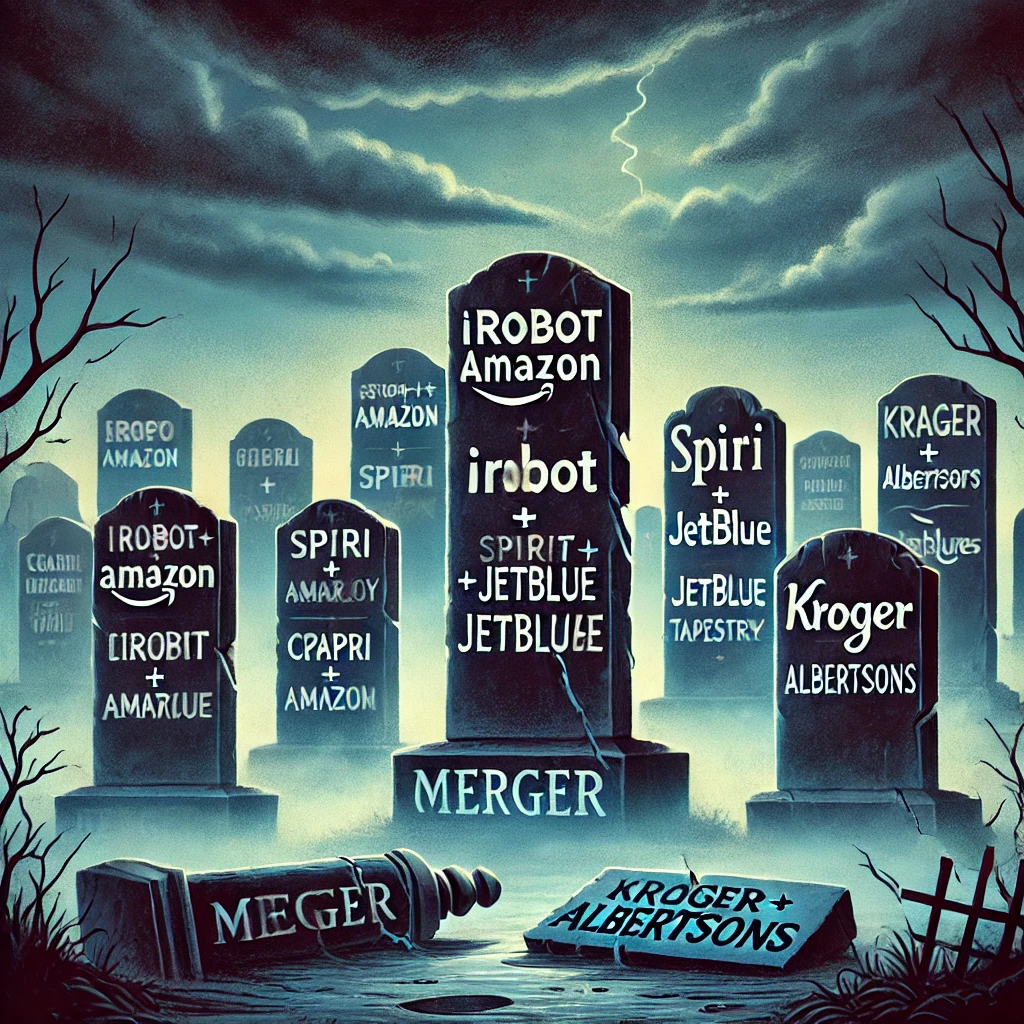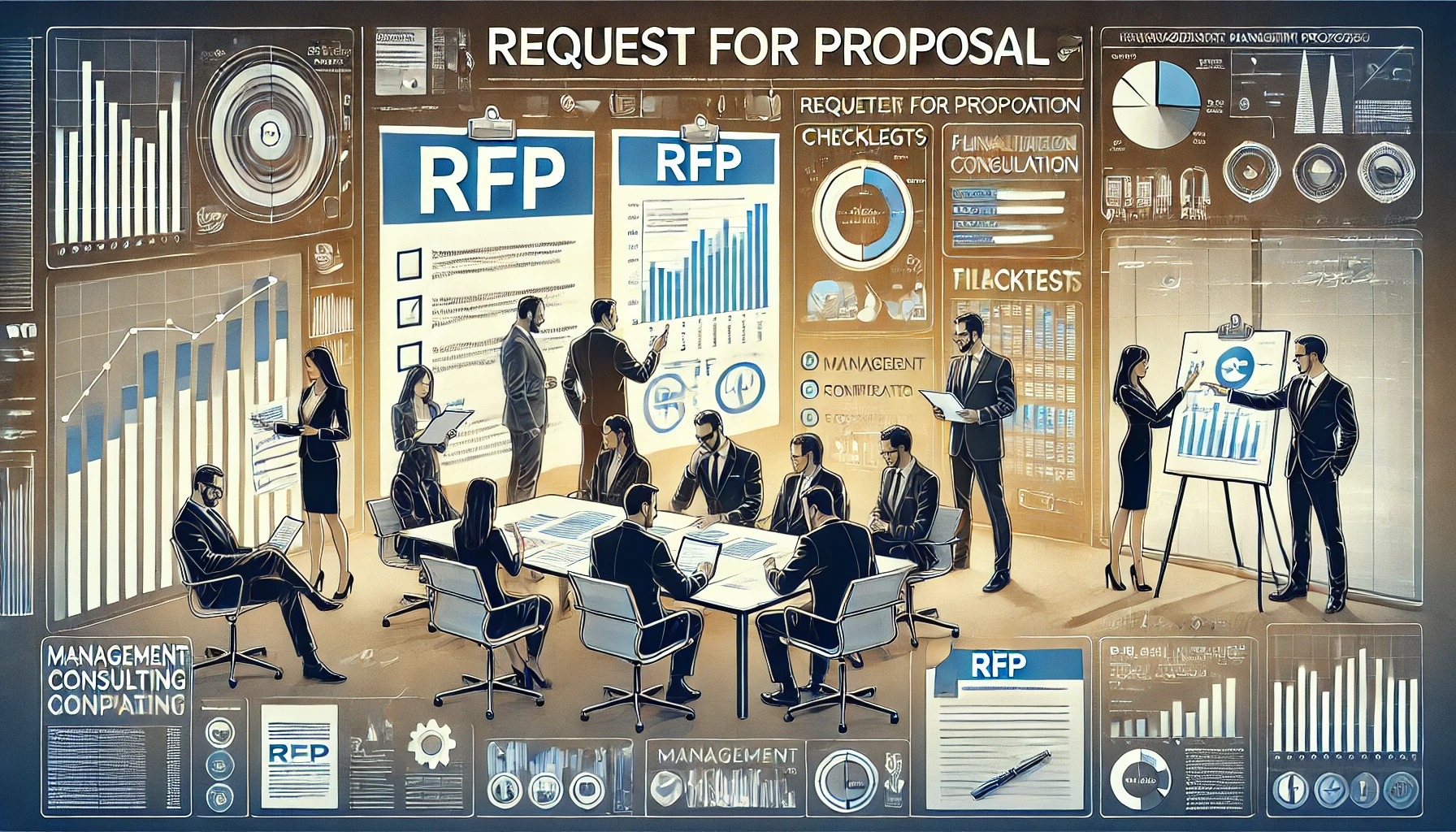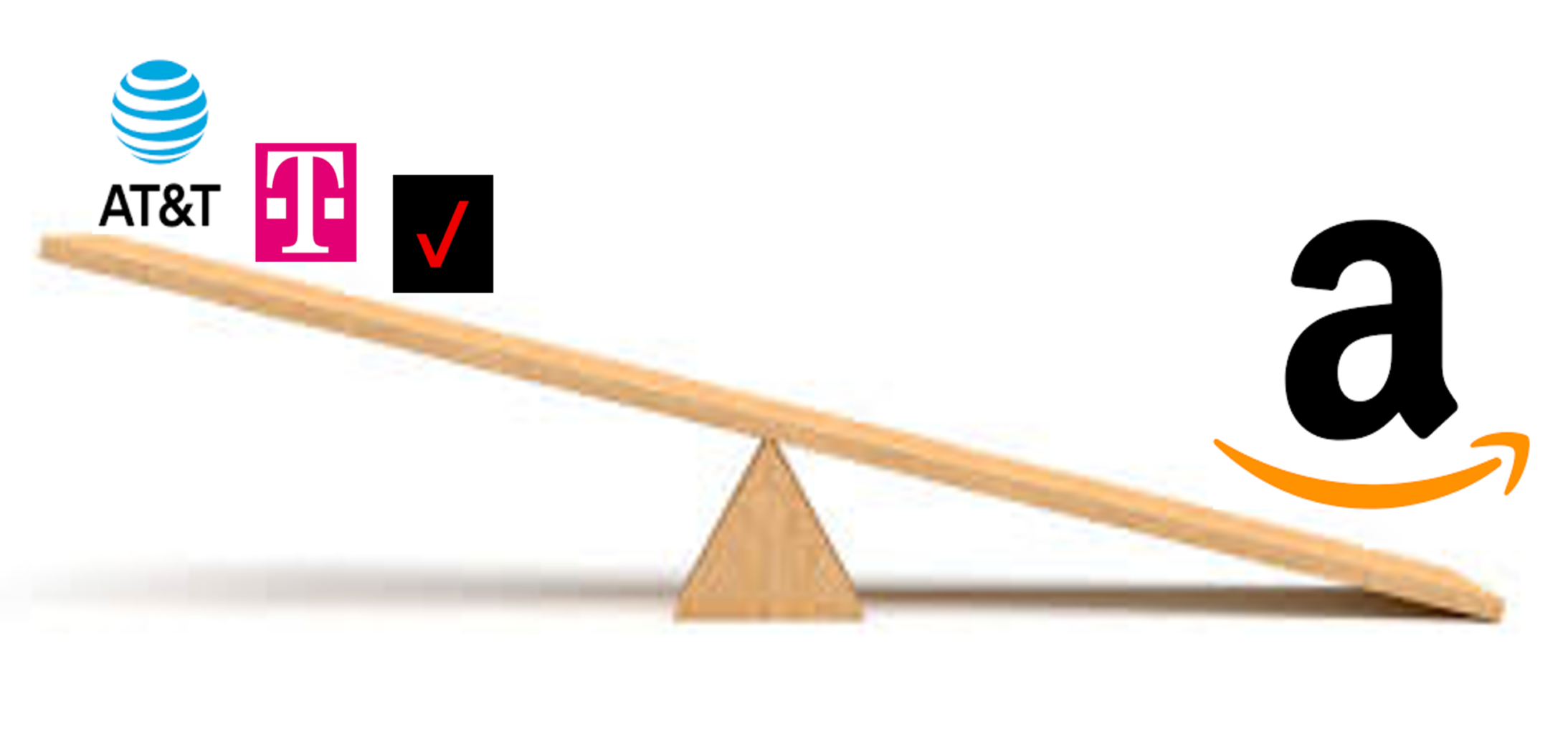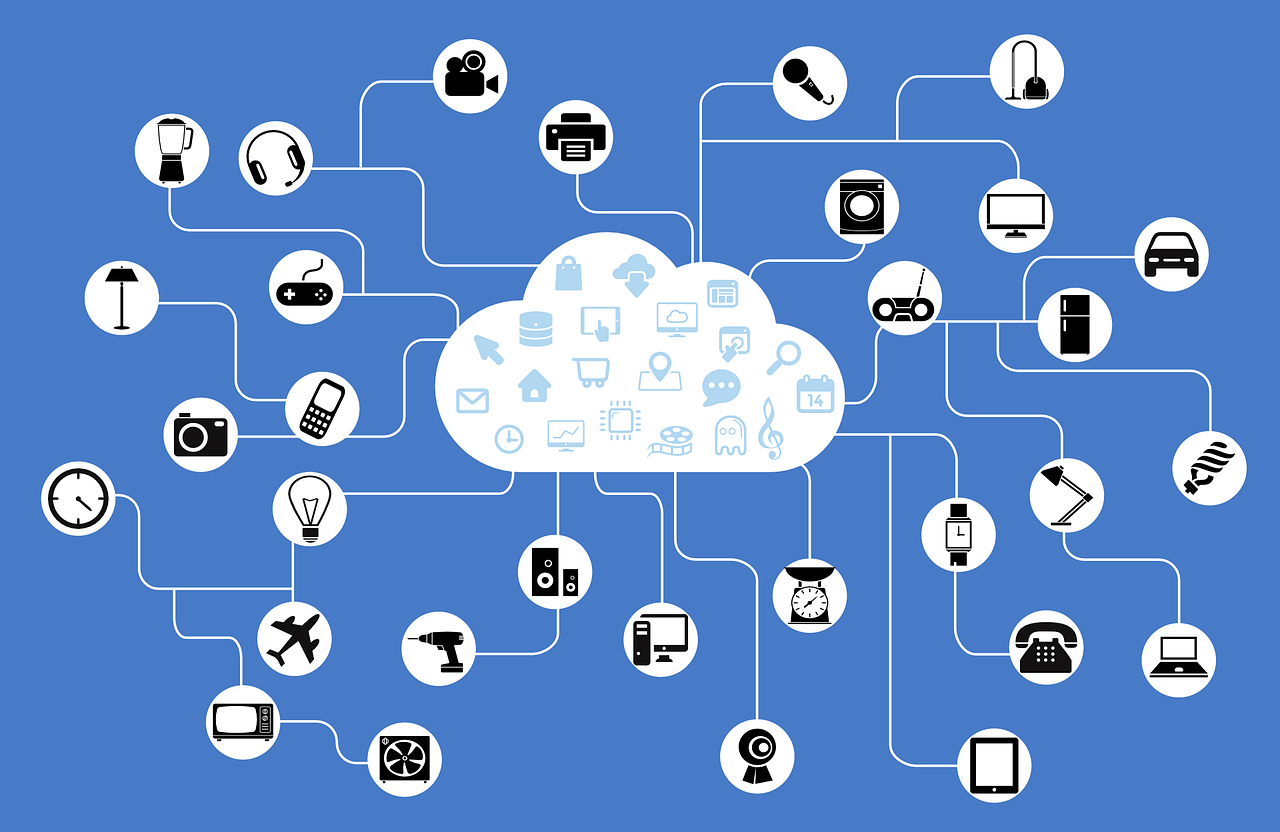The Business Toll of FTC Interventions
The recent Wall Street Journal headline, “Roomba Maker iRobot Warns of Going Concern, Initiates Strategic Review,” caught our attention, prompting reflection on the aftermath of the prior Federal Trade Commission interventions.
At Three Horizon Advisors, Inc., we embrace Joseph Schumpeter’s concept of “creative destruction” where innovation emerges from the dismantling of outdated structures. However, we question whether the FTC’s recent actions, possibly influenced by a bias against large corporations, have resulted in outright destruction rather than fostering dynamic competition. The agency’s tendency to take a static or backward-looking approach rather than a dynamic competition analysis may have led to unintended consequences.
Let’s examine the impact on companies affected by FTC-blocked mergers and acquisitions – not to relitigate the cases, but to summarize how these businesses have fared since the decisions.
In 2022, Amazon proposed acquiring iRobot for $1.7 billion at $61 per share. The FTC’s opposition, alongside scrutiny from European regulators, led to the deal’s termination. Since then, iRobot’s stock has plummeted over 90%, now trading near $3 per share. The company reported a net loss of $77.1 million for Q4 2024 and is undergoing a strategic review to explore its future options.
The FTC’s static analysis discounted the rising competitive threat from Chinese manufacturers like Ecovacs and Roborock, which have been rapidly gaining market share by offering feature-rich robot vacuums at competitive prices. Rather than Amazon acquiring and possibly strengthening iRobot’s position, the company is now struggling to survive independently. While iRobot could have diversified its product line or sought strategic partnerships beyond Amazon, the FTC’s failure to account for global competition played a role in weakening one of the few American players in this market.
Spirit Airlines
The FTC blocked JetBlue’s $3.8 billion acquisition of Spirit Airlines, citing concerns that it would lead to higher fares. Yet, according to the Bureau of Transportation Statistics, average domestic airfares actually declined by 3.1% in 2023 and by 10.1% since 2018, influenced by fuel prices, consumer demand, and broader macroeconomic factors.
iRobot Corporation
Without the merger, Spirit Airlines filed for Chapter 11 bankruptcy in November 2024 and furloughed 330 pilots and laid off 200 employees. While Spirit’s own financial instability contributed to this outcome, the FTC’s argument that blocking the deal would preserve low-cost airfare options seems flawed given Spirit’s weakened ability to compete and grow. The broader market forces driving airline ticket prices – fuel costs, supply chain issues, and consumer demand were likely more relevant than the merger’s impact, but these factors were not fully considered in the FTC’s case.
Arm Holdings
The FTC blocked Nvidia’s acquisition of Arm Holdings in 2022, arguing that it would give Nvidia excessive control over the semiconductor industry. Given Nvidia’s explosive growth—now one of the world’s most valuable companies – the instinctive reaction is to prevent it from expanding into adjacent areas. However, Arm and Nvidia serve fundamentally different markets.
Arm licenses its chip architecture across the industry, including to Nvidia’s competitors, whereas Nvidia’s business is centered on GPUs and AI processors. Their offerings don’t necessarily reinforce each other in a monopolistic way, and it’s unclear if Nvidia’s ownership would have significantly changed Arm’s open-licensing model. Arm has long had a strong standalone business model and has continued to succeed post-blocked merger, reinforcing that it didn’t necessarily need Nvidia. This suggests that while the FTC may have acted prudently in this case, it wasn’t necessarily blocking an anticompetitive move so much as blocking a deal that looked bad on paper but had limited real-world monopolistic consequences.
Capri Holdings (Michael Kors, Versace, Jimmy Choo)
The FTC blocked the $8.5 billion merger between Tapestry Inc. (Coach, Kate Spade, Stuart Weitzman) and Capri Holdings (Michael Kors, Versace, Jimmy Choo) in October 2024, citing concerns about reduced competition in the American “accessible luxury” handbag market. After the decision, Capri’s stock fell over 50%, while Tapestry’s shares rose by 12%.
However, this view of competition overlooks the dominance of European luxury powerhouses such as LVMH (Louis Vuitton, Dior, Givenchy), Kering (Gucci, Balenciaga, Saint Laurent), and Richemont (Cartier, Chloé). These companies collectively overshadow both Tapestry and Capri in revenue, brand influence, and global reach. The FTC’s rationale seemed to focus only on the U.S. handbag market instead of considering the global luxury landscape, where American brands have been struggling against these much larger European conglomerates. Had the deal proceeded, the combined entity might have had a stronger footing to compete globally rather than being picked apart individually.
Related Read: A solution looking for a problem?
Albertsons Companies
The FTC sued to block the $24.6 billion merger between Kroger and Albertsons, arguing it would harm competition and drive up grocery prices. Yet, this analysis largely ignored the rapid growth of e-commerce grocery players, such as Instacart, Amazon Fresh, and Walmart’s online grocery expansion. Online grocery sales in the U.S. have steadily grown over the past decade, making physical store consolidation less relevant than before.
After the blocked merger, both Kroger and Albertsons incurred over $1 billion in associated costs. Albertsons has since announced a $2 billion share repurchase plan in an attempt to stabilize shareholder confidence. The FTC’s argument rested on traditional brick-and-mortar grocery competition but failed to acknowledge that the grocery market is undergoing fundamental shifts due to digital disruption. If anything, the FTC’s move may have prevented a stronger competitor from forming against e-commerce giants that are already reshaping the industry.
Regulatory oversight is essential for maintaining competitive markets, but as these cases show, blocking a deal doesn’t necessarily preserve competition – sometimes, it accelerates a company’s decline. The FTC must strike a better balance between enforcement and market realities, ensuring that intervention doesn’t stifle innovation or lead to unintended destruction.
Questions for Consideration
- Did the prior FTC’s strong anti-Big Tech stance cause it to overlook broader market dynamics in cases like iRobot and Arm?
- Should the FTC apply a dynamic competition analysis rather than a static view of current market share?
- Are blocked mergers truly helping consumers, or are they weakening companies to the point of failure?
Image created using AI (DALL·E) to illustrate the impact of FTC-blocked mergers







